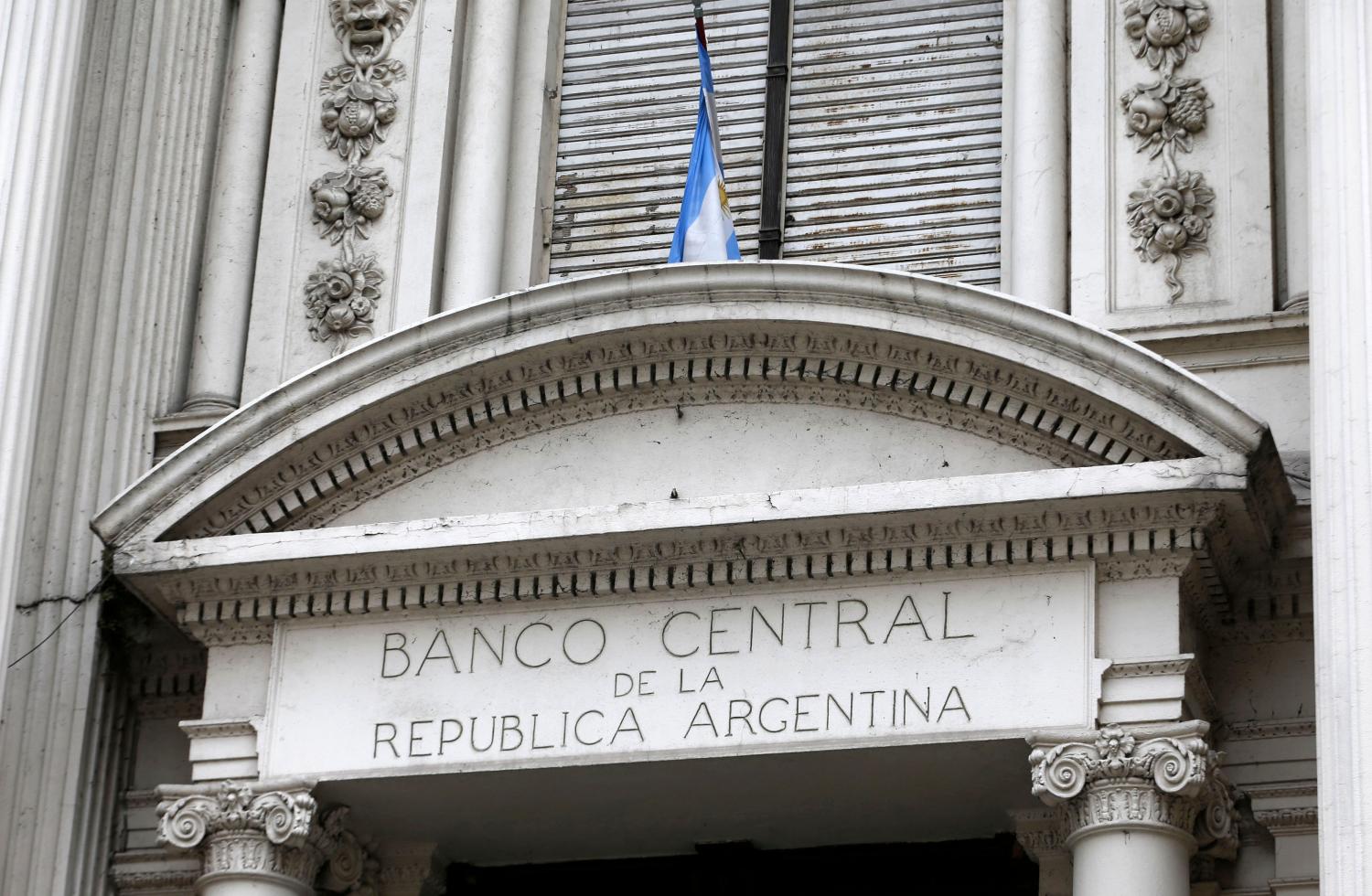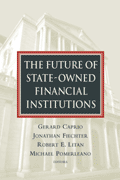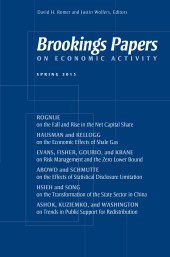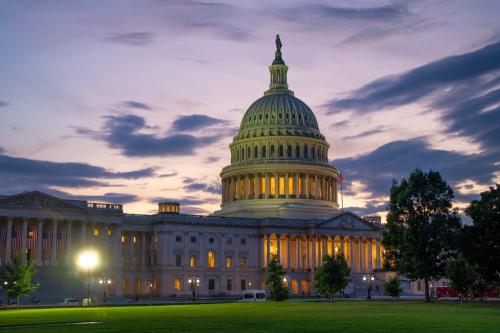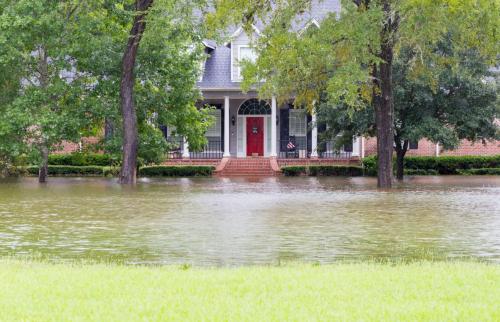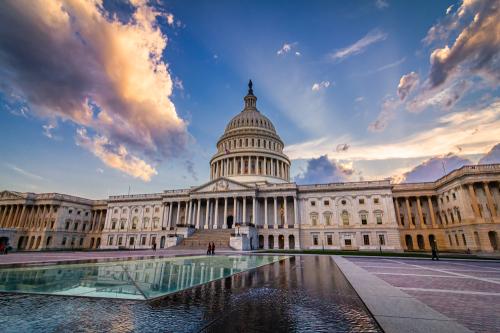MEDIA RELEASE
Consumers See Through Government Manipulation of Economic Data, Extract Useful Content
Argentina’s attempts to manipulate inflation data both ineffective and counterproductive
Rather than ignoring biased statistics or naively taking them at face value, households react to government economic data in a sophisticated way, effectively de-biasing the official data to extract all its useful content. Looking at Argentina, a country that suffered from high inflation and government manipulation of inflation data, the research finds that the government’s manipulating the aggregate price index or with targeted price controls was both ineffective and counterproductive. Examining inflation expectations in less extreme contexts than Argentina, such as the United States and Europe where experts may agree that statistics are unbiased but households do not, the research points out that 32 percent of Americans do not trust the government’s official inflation data, causing them to have higher inflation expectations.
The Brookings Institution is committed to quality, independence, and impact.
We are supported by a diverse array of funders. In line with our values and policies, each Brookings publication represents the sole views of its author(s).


